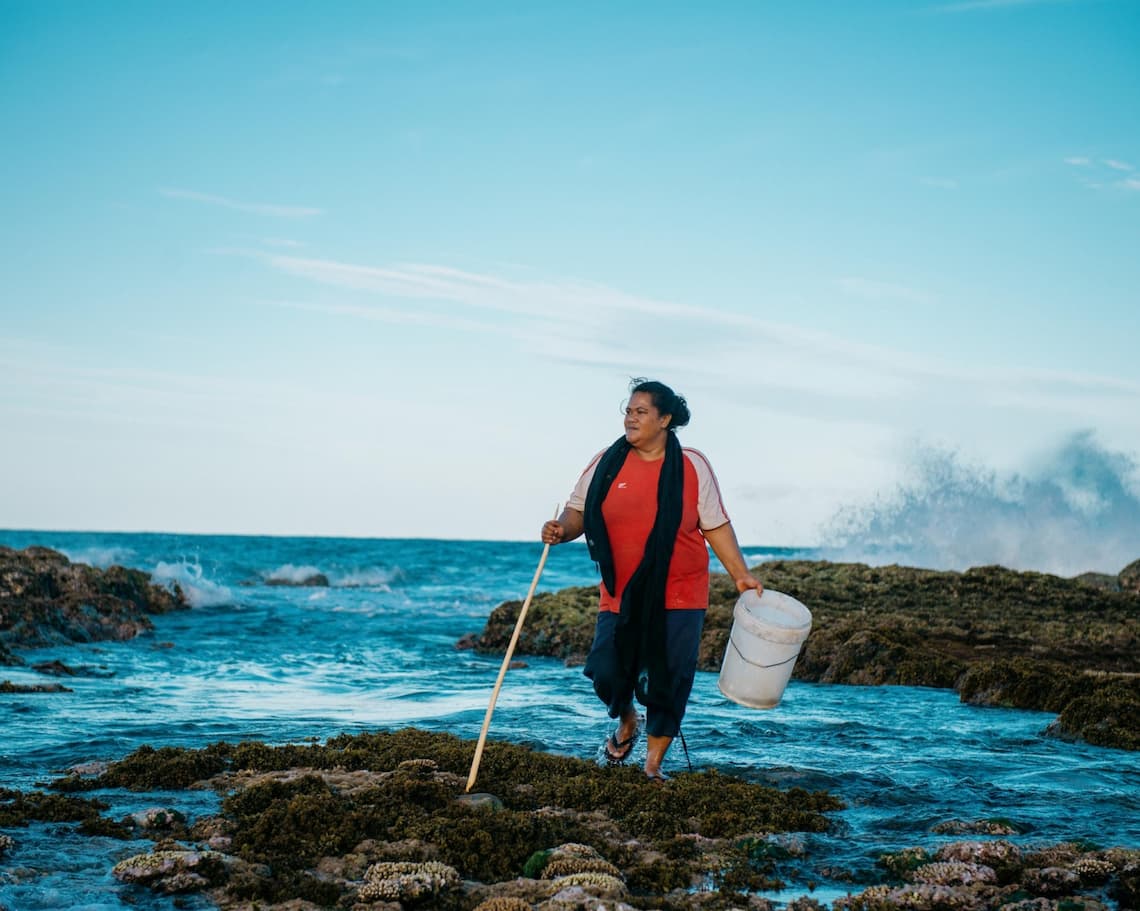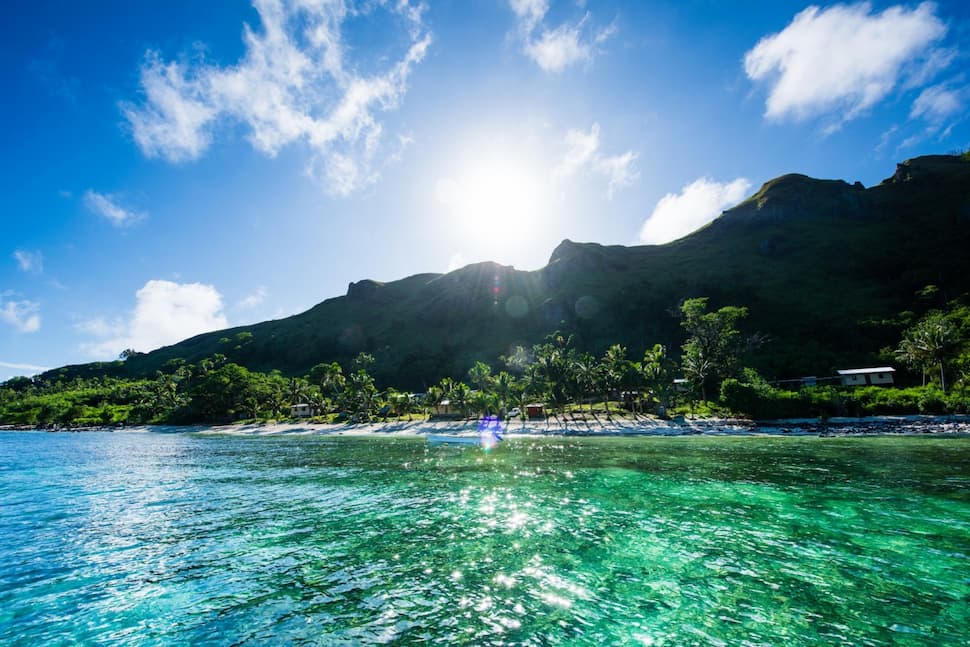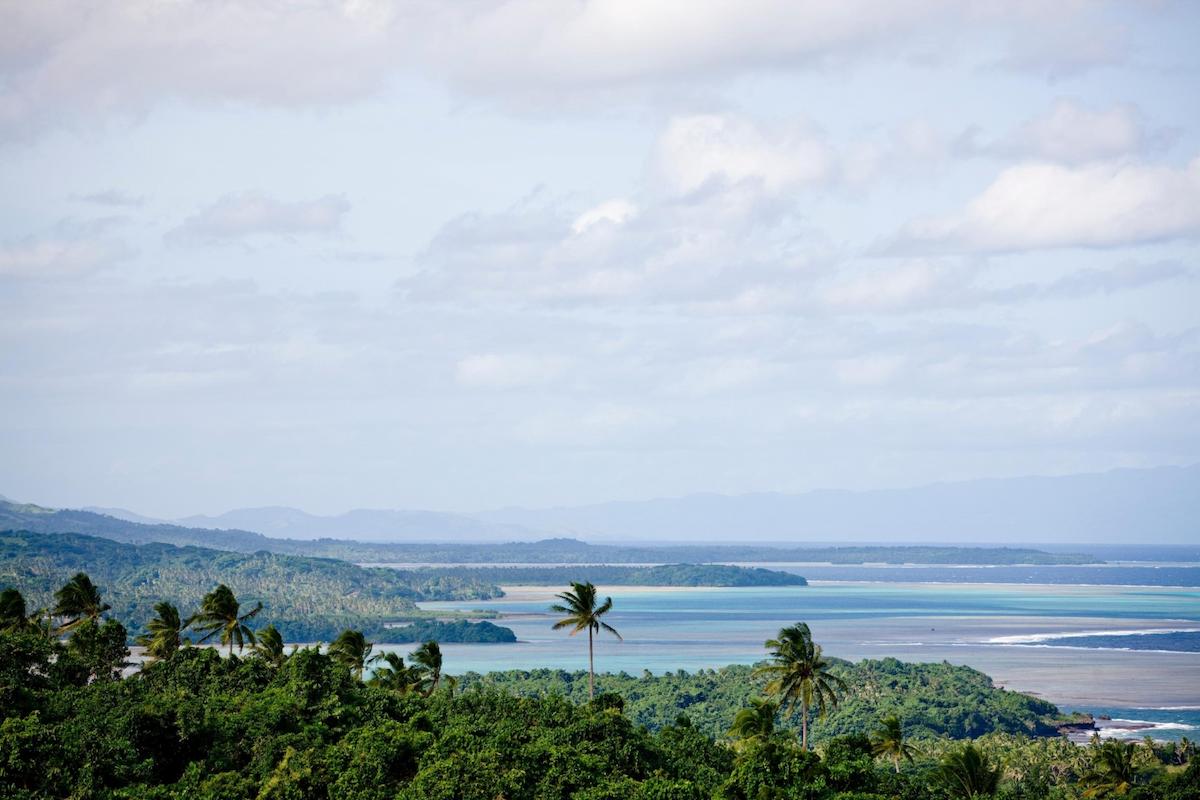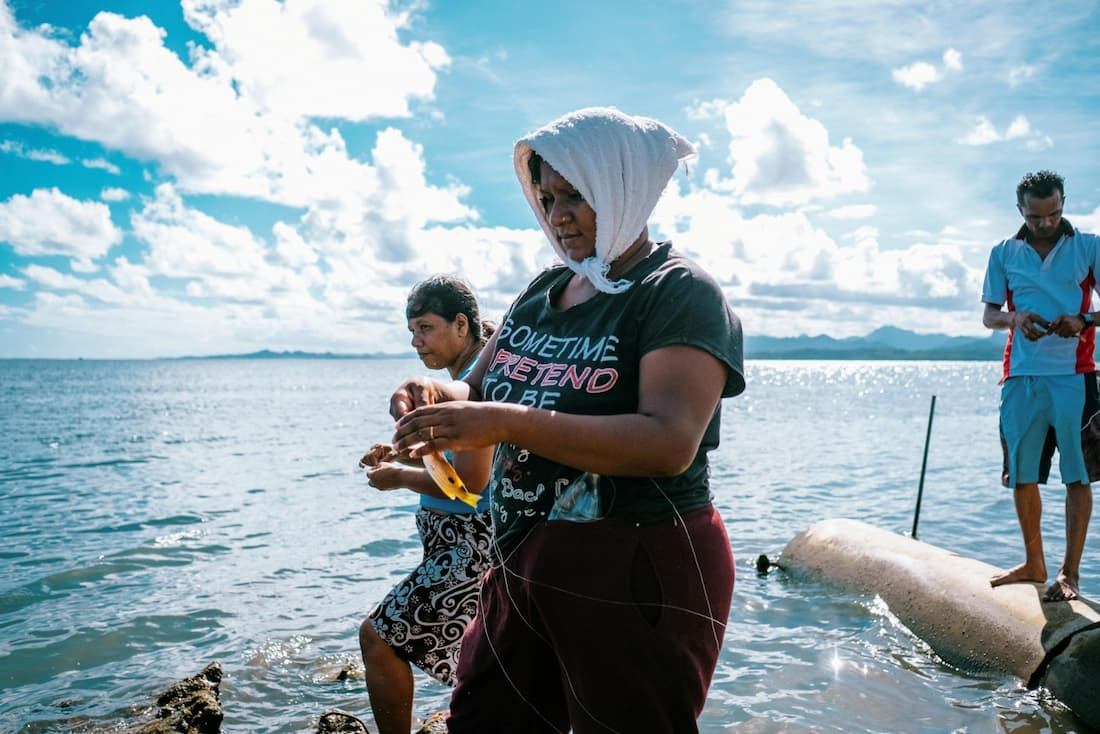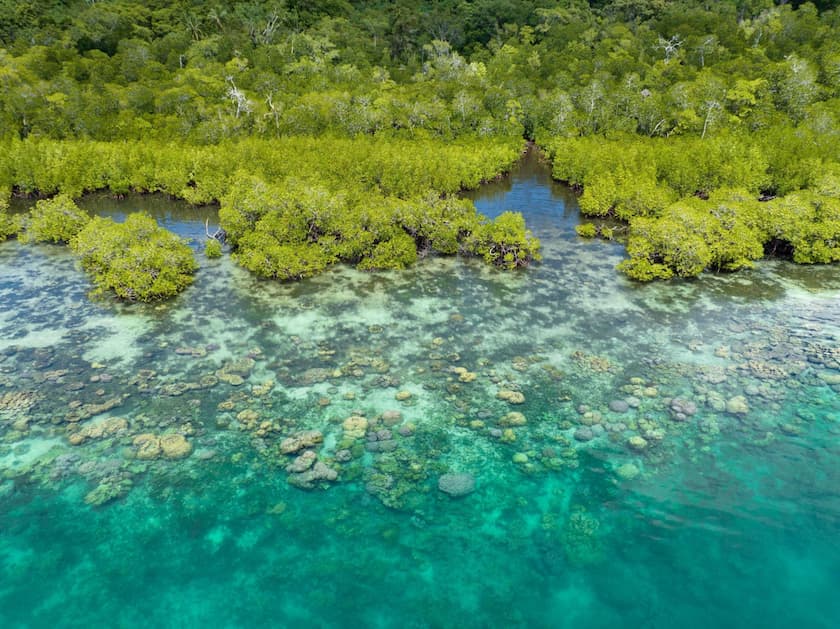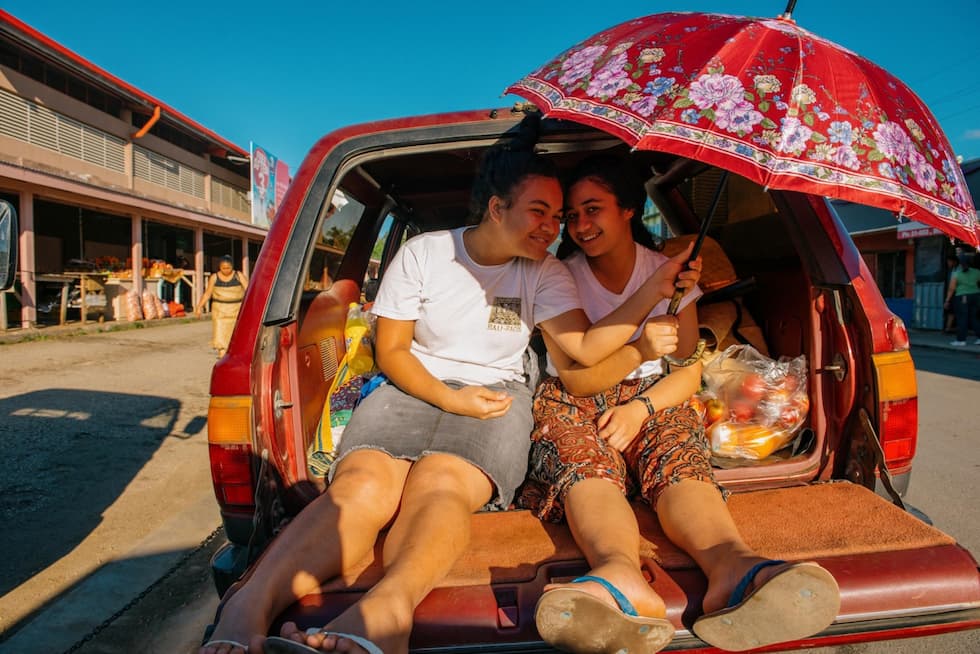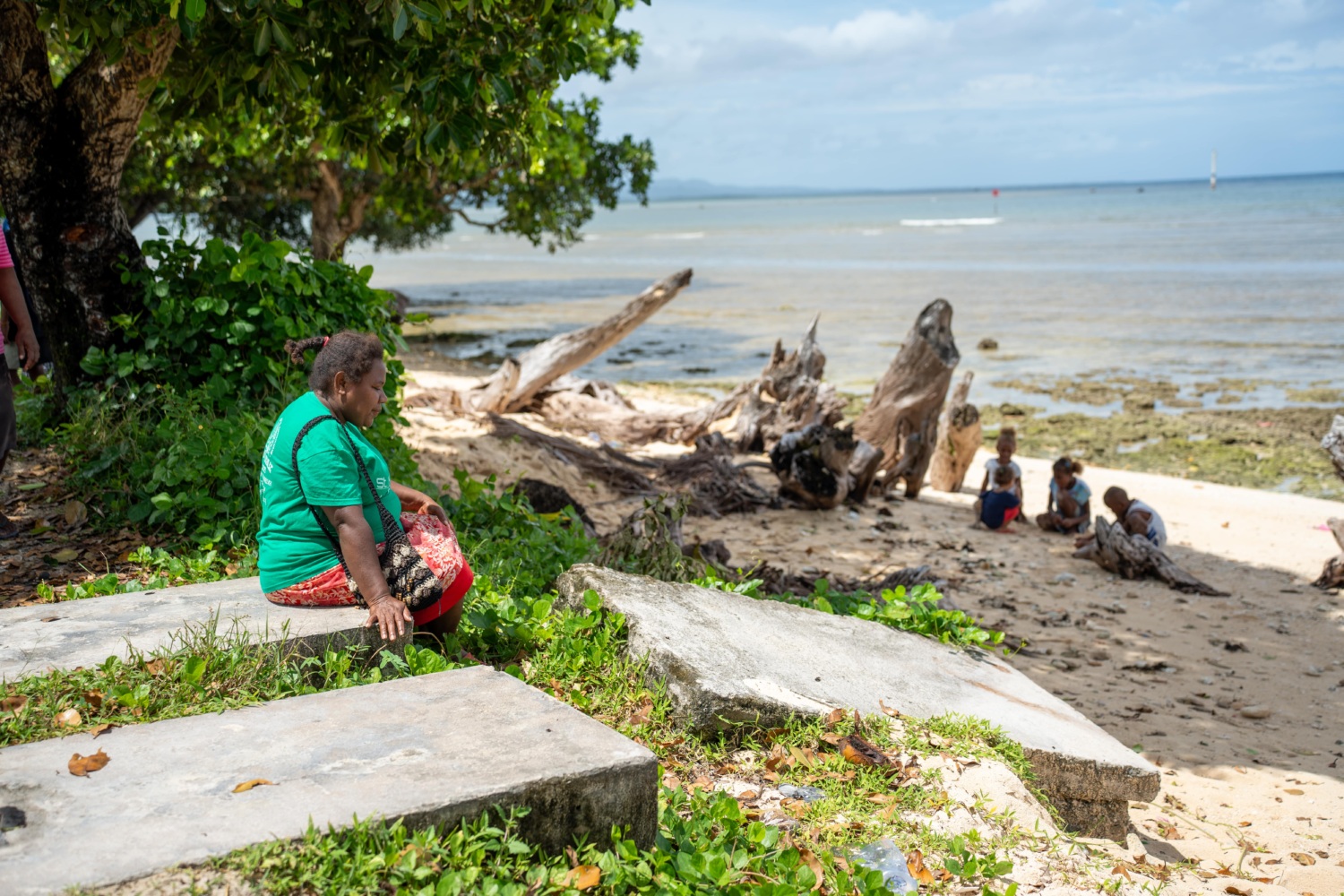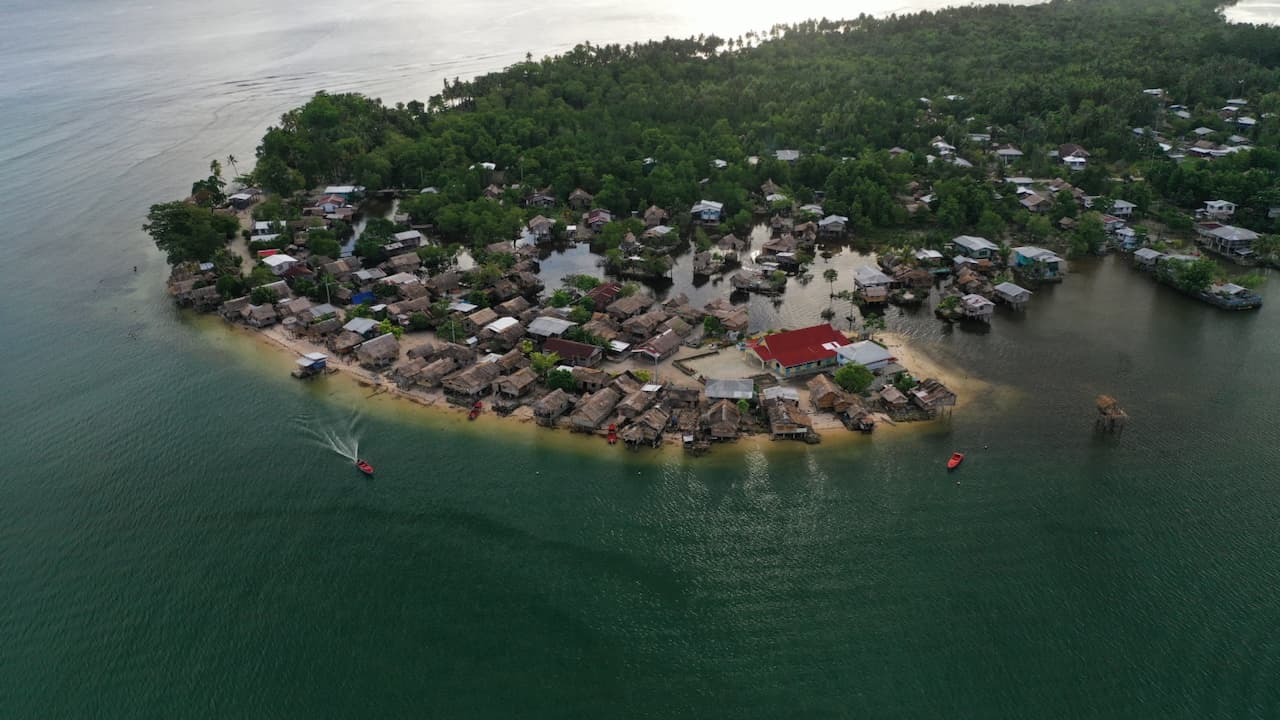It took two extremely destructive storms to clearly illustrate the need for women to have a stronger leadership voice in the Pacific Islands. In 2015, Tropical Cyclone Pam devastated Vanuatu, while Tropical Cyclone Winston did the same in Fiji a year later. Ferocious winds leveled homes, wiped out crops, and left schools and medical facilities out of action. The storms caused billions in damage, and left hundreds of thousands of people reeling.
Both showed the need for women’s voices in humanitarian action at local, regional and national levels, as their needs were often overlooked when preparing for and responding to these disasters.
Yet, even before then, the need for disaster preparedness and response was highlighted due to rising sea levels from global environmental changes. In 2012, residents of the Fijian village of Vunidogoloa had to relocate due to frequent flooding and subsequent saltwater contamination of their drinking water.
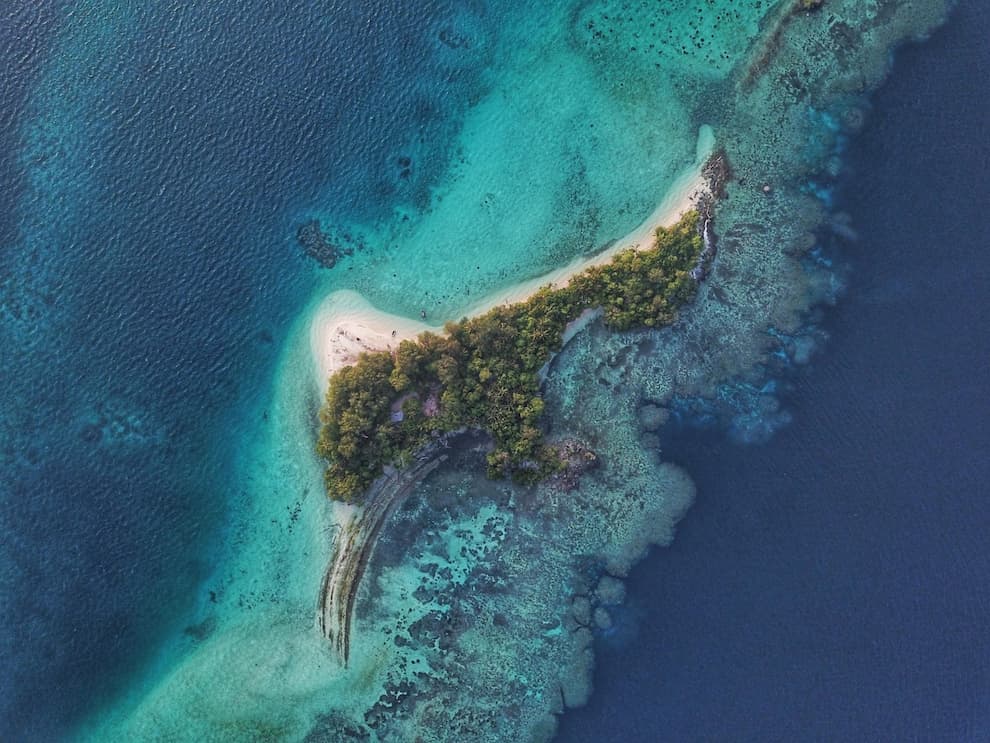
The ferocity of storms will only increase, and the seas will continue to rise as global changes intensify.
Meanwhile, warming ocean waters continue to break records, ocean acidification is increasing, fisheries are struggling or collapsing, and coral reefs, coastlines, forests, farmlands and rivers across the Pacific Islands are being impacted. Agriculture, fishing and tourism, all critical for life in the islands, are under threat.
These problems have been and are continuing to challenge people across the Pacific Islands, who are already losing their heritage, their ancestral sites and the sense of identity that connects them to the islands and ocean. Given they are well into the crisis, Pacific Islanders are living within the intersection of adaptation and mitigation to the climate crisis, but still able to do important regenerative work. Hence, the need for localized mitigation and adaptation has never been as important.
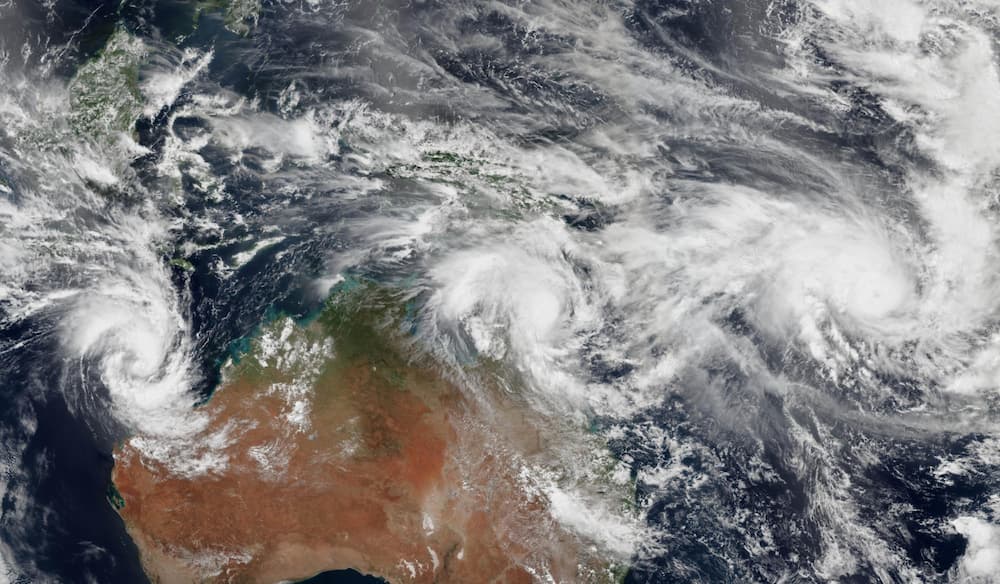
As a result, local women’s leaders from Fiji, Papua New Guinea, Samoa, the Solomon Islands, Tonga, and Vanuatu came together with ActionAid Australia and the Pacific Disability Forum to create the Shifting the Power Coalition. Together, they are amplifying women’s voices in those places where decisions are made about disaster preparedness and response, environmental and humanitarian action. Women from local communities now have a greater opportunity to present their recommendations on improved infrastructure – from roads to communications to food distribution and healthcare.
As Pacific Island women, yes we bear the brunt of the environmental crisis, but we are not only vulnerable. We are experts. We are women who have solutions and are leading in our communities and countries.Alisia Evans, Regional Representative, Shifting the Power Coalition, Suva, Fiji Islands
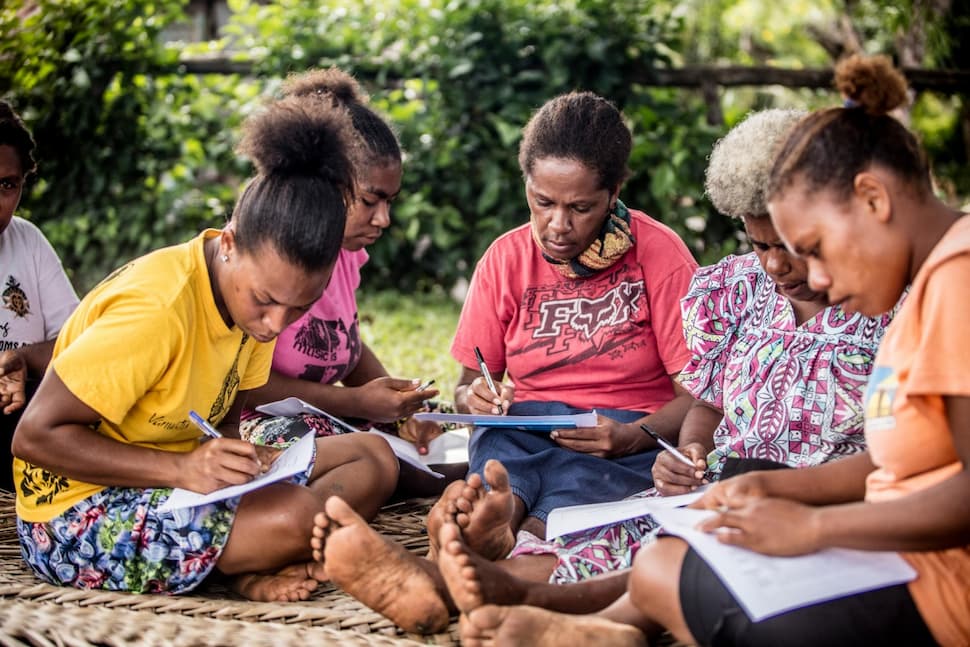
Because their people are working to regenerate both land and sea, Pacific Island nations are world leaders in adaptation and mitigation.
Shifting the Power is the only women-led regional alliance focused on strengthening the collective power, influence and leadership of diverse Pacific women in responding to disasters and the climate crisis. They focus on strengthening women’s capacity to engage in policy and decision-making, driving evidence-based and women-led innovations in the region, as well as engaging in national and regional advocacy.
Coalition partners raising their voices and visibility are also deepening the skills of Pacific women leaders for disaster management, with a specific focus on young women and women with disabilities and supporting partners in responding to humanitarian emergencies.
Home Planet Fund is partnering with the Shifting the Power Coalition in several key areas: Collecting the communities’ traditional knowledge and passing it down, generation to generation, woman to woman. We’ll fund these young women as they implement nature-based solutions that heal the landscape and mitigate future climate impacts. That work may include growing crops that are more resistant to drought and sudden downpours, restoring seagrass and planting mangrove forests along the coasts to prevent erosion and absorb increasingly large storm surges.
As a result of these efforts, Pacific women are already innovating, mobilizing, and spearheading local action, preparing for disasters, managing natural resources, and strengthening their resilience – all while ensuring that no-one is left behind.
